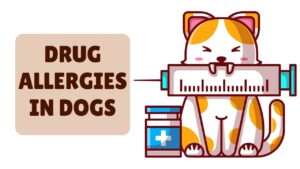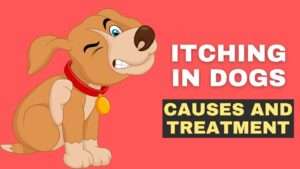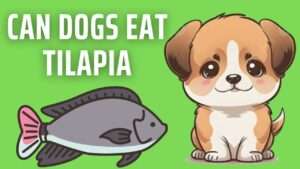Imagine the delightful scene: you’re indulging in the sweet, juicy flesh of a ripe persimmon, and your furry friend gives you those puppy eyes, begging for a taste. But wait, can dogs eat persimmons?
Before you share your snack, let’s delve into the world of canine nutrition and explore the safety and risks associated with feeding persimmons to your canine companion.
Contents Overview
What is Persimmon
Persimmon is a sweet and juicy fruit that comes in various types, known for its vibrant orange color and soft texture.
It’s native to East Asia and packed with vitamins, fiber, and antioxidants. Persimmons can be enjoyed fresh, dried, or in cooking, adding a burst of flavor to dishes.
Nutritional Value of Persimmon
Persimmons are rich in essential nutrients, including vitamins A, C, and E, which support immune function and skin health.
They also contain dietary fiber, aiding digestion, and antioxidants that help combat free radicals in the body. Additionally, persimmons provide natural sugars for energy.
Overall, incorporating persimmons into your diet can contribute to overall well-being and provide a deliciously nutritious treat.
Can Dogs Eat Persimmon safely?
While small amounts of ripe, seedless persimmon flesh may not immediately harm dogs, it’s generally not safe to feed them persimmons.
Persimmon seeds can cause intestinal blockages, and the tough skin poses a choking hazard.
Additionally, persimmons are high in sugar, which can lead to weight gain and dental issues in dogs. The fibrous nature of persimmon flesh may also cause digestive upset, including diarrhea and stomach discomfort.
Astringent persimmons contain high levels of tannins, which are toxic to dogs and can cause gastrointestinal irritation and potential obstruction.
Therefore, it’s best to avoid feeding persimmons to dogs to prevent any potential risks to their health.
Potential Risks and Precautions of Feeding Persimmon to Dogs
Potential Risks
Feeding persimmons to your dog can pose several risks, primarily due to the presence of seeds and certain compounds:
- Seeds: Persimmon seeds contain cyanide, which is toxic to dogs in large amounts. Ingesting seeds can lead to gastrointestinal blockages or cyanide poisoning.
- Tannins: Persimmons contain tannins, which can cause upset stomach, vomiting, and diarrhea in dogs, especially if consumed in excess.
- High Sugar Content: While the natural sugars in persimmons may be appealing to dogs, excessive consumption can lead to weight gain, dental issues, and even diabetes over time.
- Allergic Reactions: Some dogs may be allergic to persimmons, leading to symptoms like itching, hives, or digestive upset.
Precautions
To ensure your dog’s safety, take these precautions when feeding persimmons:
- Remove Seeds: Always remove the seeds and stems from persimmons before offering them to your dog. This reduces the risk of choking and cyanide poisoning.
- Moderation is Key: Offer persimmons to your dog in moderation. A small slice as an occasional treat is usually safe but avoid large quantities.
- Monitor for Reactions: After giving your dog a small amount of persimmon for the first time, observe for any adverse reactions. If your dog experiences vomiting, diarrhea, or other symptoms, discontinue feeding persimmons immediately and consult your veterinarian.
- Choose Ripe Persimmons: Opt for ripe, soft persimmons rather than unripe ones, as they are less likely to cause digestive issues.
- Consider Your Dog’s Health: If your dog has any underlying health conditions or dietary restrictions, consult your veterinarian before introducing persimmons into their diet.
Safe and Suitable Alternatives of Persimmon for Dogs
If you’re looking for safe and suitable alternatives to persimmons for your furry friend, consider offering these dog-friendly fruits: apples, bananas, blueberries, strawberries, and watermelon.
These fruits are low in harmful compounds and provide essential nutrients that can benefit your dog’s health without posing significant risks.
Always remember to remove seeds, pits, and stems, and offer fruits in moderation as part of a balanced diet for your pup’s well-being.
Bottom Line
While persimmons may tantalize our taste buds, they’re not an ideal snack for our canine companions.
The risks of choking hazards, high sugar content, and potential digestive upset outweigh any potential benefits.
As responsible pet owners, it’s crucial to prioritize our dogs’ health and well-being by opting for safer, canine-friendly treats.
When in doubt, consult your veterinarian for personalized dietary advice tailored to your dog’s specific needs.




































+ There are no comments
Add yours